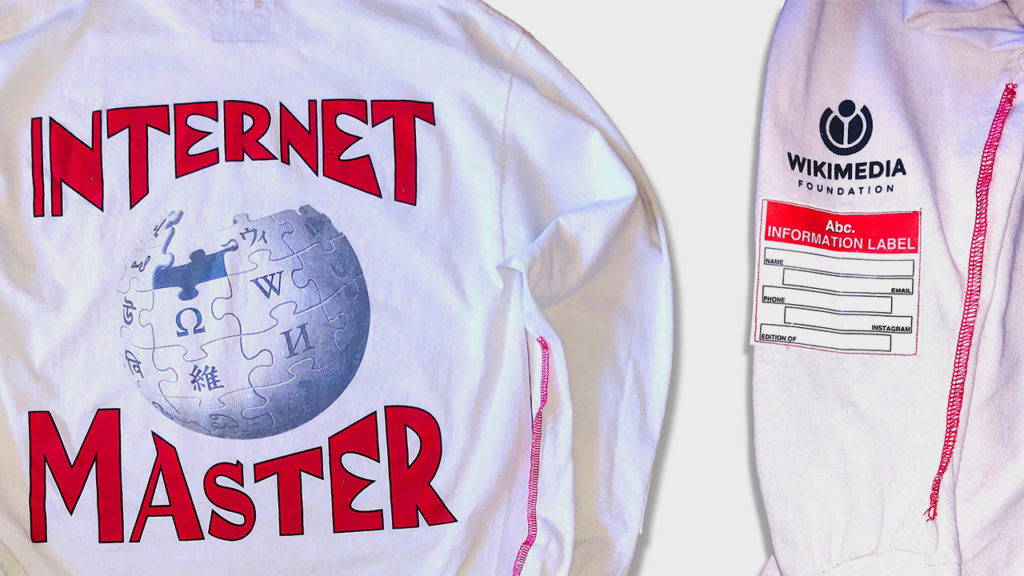Ziploc and Wikipedia have joined the growing list of seemingly random brands entering the fashion space, tapping into consumers’ demand for rare and quirky collectibles.
Posing With Plastic
Storage brand Ziploc is reaching Japanese consumers in a “fresh” new way. Beams Couture has partnered with the brand to offer a limited edition of see-through attire made from repurposed food storage bags.
A pop-up activation at the Beams Shinjuku outpost will showcase branded items that include hats, bags, aprons, umbrellas and fanny packs. Each of the branded apparel items features Ziploc’s signature blue and magenta seals that either secure pockets or line the seams. The pop-up will run from August 15 to September 11 and online beginning August 20.
Owned by the S. C. Johnson Family, Ziploc is tapping into the growing $16.7 billion Japanese fashion industry with this unusual promotion while appealing to female consumers through a popular local brand. Beams frequently collaborates on limited-edition collections, such as a baseball-themed collection with Champion.
A promo video for the Ziploc collection was released on Beams’ official YouTube video on Monday, highlighting each item in a humorous shopping network style. The activation recognizes its quirky appeal, targeting young women and collectors with a fear of missing out (FOMO).
Fashion For Information Freedom
Wikipedia is another unlikely company to join the branded fashion movement this week. The public information website has partnered with Advisory Board Crystals (ABC) to sell branded long-sleeve shirts that say “Internet Master.” ABC describes the shirt as combining “information related” elements of familiar visual language from the internet and its own brand.
Priced at $85, the shirts sold out in a matter of days. Proceeds from the sales went to Wikimedia, the non-profit organization behind Wikipedia. The partnership certainly benefits Wikipedia, but also ABC as a cause marketing campaign.
“Free information is a privilege,” ABC says on the Wikipedia shirt product page. “One of the ideals of the ABC Studio is that there are many ways to save the world.”
Fashion has become a popular way for non-endemic brands to engage consumers, especially in the food industry. McDonald’s recently launched an entire website devoted to branded merchandise that ranges everywhere from socks to Bluetooth speakers.
KFC hasn’t been shy about its fashion efforts, either, offering a wide range of apparel and home decorations in an effort to entertain millennials. Cheetos walked the runway in its cheesy styles, Taco Bell teamed up with Forever 21 and Mountain Dew partnered with youth culture fashion brand VFiles to celebrate the history of camouflage.

